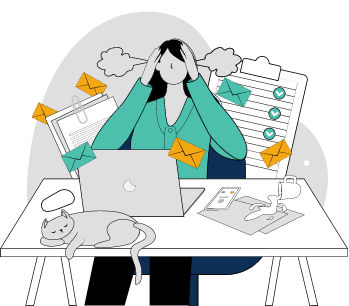Listen to this episode
On this episode
In this episode, Rachel is joined by Dr James Thambyrajah, a portfolio GP and the outgoing South West Thames Faculty RCGP First5 lead.
We chat about how James approaches his work, and the difference in outlook between newly qualified GPs and those of us who are in their mid or late career.
We talk about healthy ways to approach our work and the importance of maintaining a good life – work balance, making time for what is important.
Mental health problems and burnout are also prevalent in First5 GPs and we talk about how a supportive peer group can help in dealing with the stress. We discuss how work can become bearable when we have good connections at work and how we can build these connections even in the midst of a busy schedule.
Since recording this podcast, James and his wife have had a new baby – congratulations James!










